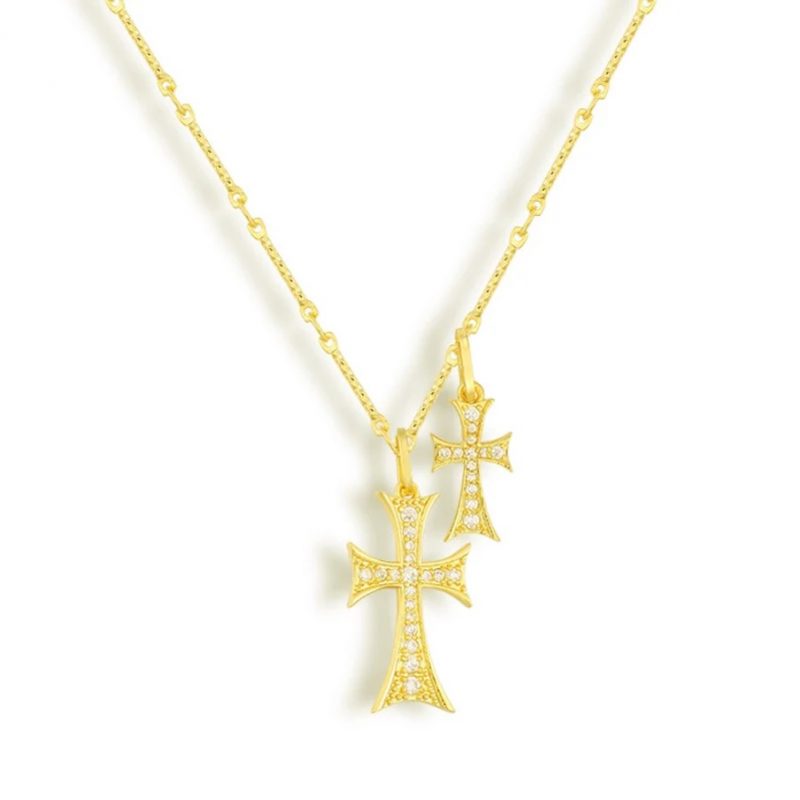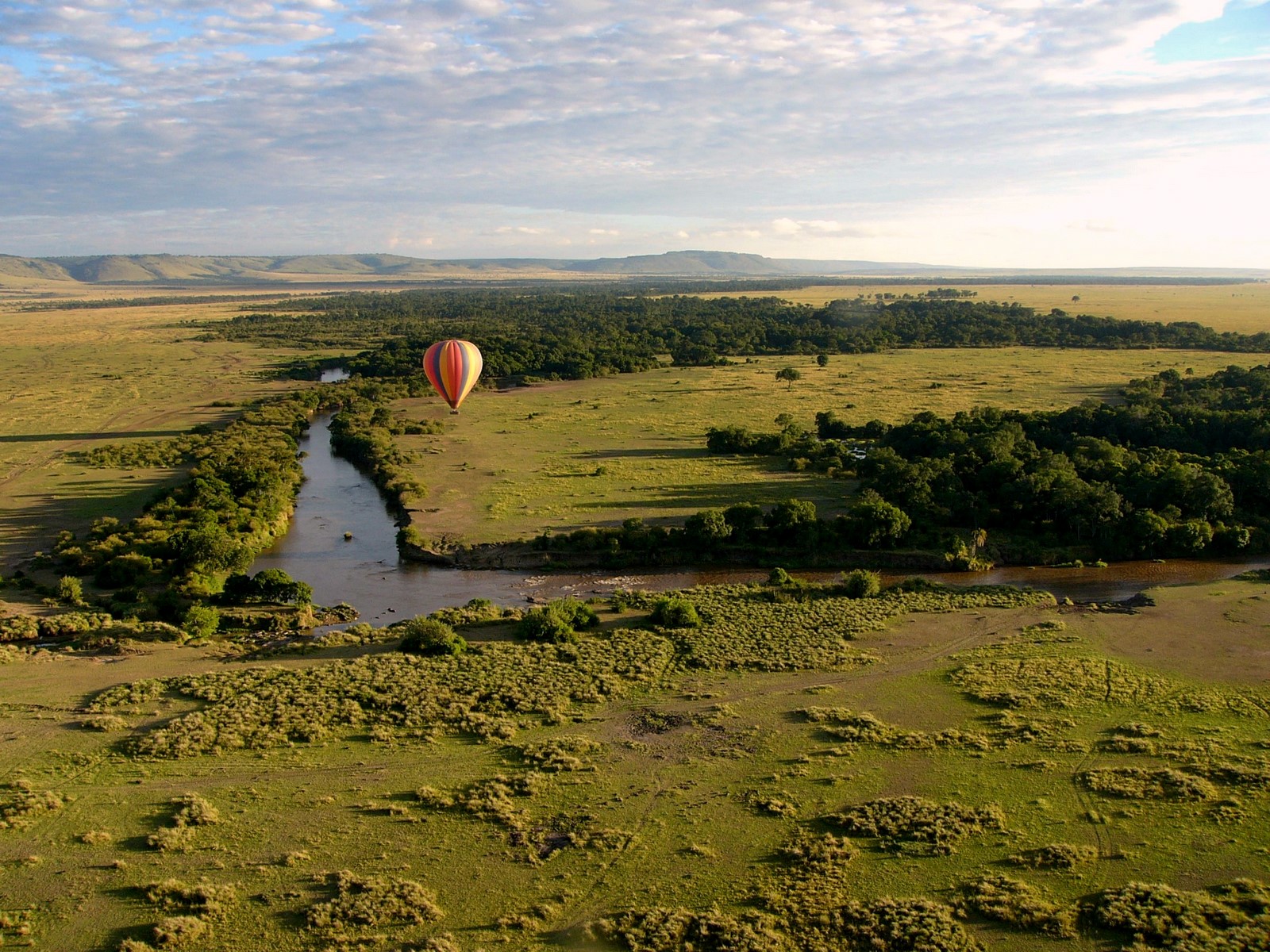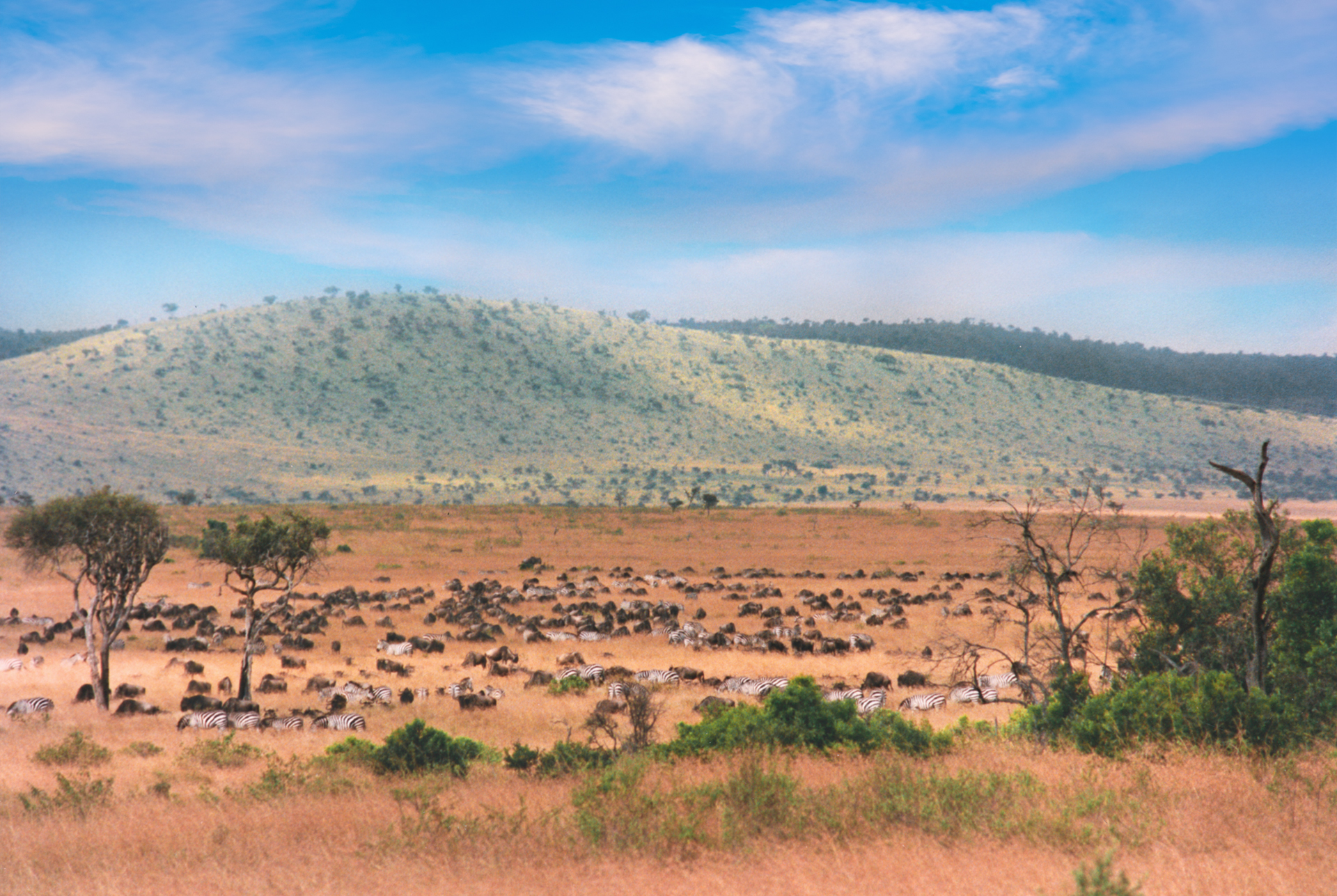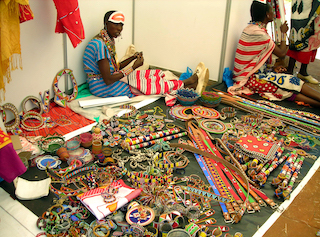Masai Ceremonies And Cultural Traditions
The Masai tribe, one of Africa’s most famous ethnic groups, has vibrant culture, which they express through a series of unique rites. These Masai rites play a crucial role in the social structure, identity, and the passing of culture from one generation to the next. This article is about the various Masai rites, their role, and the rituals involved, giving tips into the rich heritage of the Masai people.
Overview of Masai ceremonies
The Masai, found in Kenya and Tanzania, have kept their traditions despite modern influences. They closely tie their way of life to their cattle, which are not only a source of living but also a symbol of wealth and social status. Masai ceremonies reflect their deep connection to the land, live stock, community, rites of passage, marriage, and spiritual practices.
Key Masai ceremonies
1) Initiation ceremonies
The most significant aspect of Masai culture is the ceremony which marks the change from childhood to adult life. This rite of passage is particularly important for both boys and girls and shows responsibility.
Initiation for boys
For young Masai men, the process often includes celebration with great fanfare, eating, singing, and dancing. During the ceremony, they teach the boys skills and knowledge necessary for adult life, including herding techniques and community roles.
Masais mark the change to manhood by the creation of age sets, which splits men based on their birth year. These age sets play a vital role in Masai society, setting the social roles, leader roles, and relationships within the community.
Initiation for girls
Girls undergo a similar process, although it is generally less formal than that of the boys’. For girls, it includes teachings about home roles, mother roles, and the other roles of women in the community. Girls often celebrate a ceremony that includes dancing. This shows that they are ready for marriage.
2) Marriage ceremonies
Marriage is vital within the Masai tribe, and the marriage ceremony is an event filled with rich traditions. Arranged marriages are common, with families setting the union based on cattle dowries and social status.
Engagement and dowry
The process begins with the engagement, during which the groom’s family presents cattle to the bride’s family as part of the dowry. This exchange is fixes the union and the roles the groom will play. It shows the importance of cattle in Masai culture, serving as both wealth and a means of social connection.
Wedding ceremony
The wedding ceremony itself is a grand affair, with large parties of family and community members. They wear traditional attire, with the bride wearing bead work and the groom dresses up in the shúkà, or Maasai cloth. The ceremony includes blessings from elders, traditional dances, and eating, showing the tribe’s rich culture.
3) Circumcision ceremonies
Circumcision ceremonies hold a special place in Masai culture, particularly for boys, as they signify the journey into adult life. These events are celebrated with much fanfare and are essential for establishing a young man’s status within the community.
Ceremony
The circumcision ceremony typically takes place in a designated area, where the entire community gathers to witness the event. Young boys display bravery, as they are expected to endure the procedure without showing signs of pain. This resilience is celebrated with music, dance, and storytelling, reinforcing the cultural values of strength and courage.
Following the ceremony, the boys are isolated for a period of healing, during which they receive guidance from elders about their new roles and responsibilities as men.
4) Funeral ceremonies
Funeral ceremonies in the Masai community are profound and reflect the tribe’s beliefs regarding life, death, and the afterlife. These ceremonies serve to honour the deceased and provide closure for the family and community.
Rituals and mourning
When a member of the community passes away, mourning rituals begin immediately. The family and friends gather to express their grief, and specific mourning attire is worn, often in muted colors. During this time, community members provide support and comfort to the bereaved.
The funeral itself is a significant event, often held in the presence of the entire community. Elders play a vital role, leading prayers and offering blessings for the deceased. The body is typically buried in a sacred area, with rituals that celebrate the individual’s life and contributions to the community.
5) Harvest and rain ceremonies
The Masai tribe’s connection to nature is deeply ingrained in their cultural practices, and this is especially evident in their harvest and rain ceremonies. These rituals are performed to celebrate and seek blessings for the land, livestock, and the wellbeing of the community.
Rain ceremonies
In a region where rainfall is crucial for pastoralism, rain ceremonies hold great significance. The community comes together to pray for rain, which is vital for grazing and the health of their cattle. Rituals include singing, dancing, and sacrifices, often involving cattle, to appease the spirits and ensure favorable weather conditions.
Harvest ceremonies
While the Masai primarily depend on livestock, some communities engage in agriculture, growing crops such as maize and vegetables. Harvest ceremonies celebrate the gathering of crops and express gratitude for the bounty of the land. These events are marked by communal feasting and festivities, reinforcing the bonds of community and shared livelihood.
6) Healing and cleansing ceremonies
Healing and cleansing ceremonies are vital to the Masai tribe, focusing on restoring balance and health within individuals and the community. These rituals often involve traditional medicine, prayers, and communal support.
Traditional healers
Traditional healers, known as engangs, play a crucial role in the community’s health practices. They utilize herbal remedies and spiritual practices to treat physical and emotional ailments. Healing ceremonies often take place within the home or communal spaces, where community members gather to support the individual seeking healing.
Cleansing rituals
Masais perform cleansing rituals to remove negative energies or influences from individuals or the community. These ceremonies may include the use of water, herbs, and prayers, aiming to restore harmony and health. Participants often engage in singing and dancing, emphasising the communal aspect of healing.
Role of elders in Masai ceremonies
Elders are pivotal figures in Masai ceremonies, serving as custodians of culture, tradition, and knowledge. They are responsible for guiding rituals, making important decisions, and imparting wisdom to younger generations.
Guidance and leadership
Elders lead various ceremonies, from initiation rites to funerals, ensuring that they upheld and respect the traditions. Their presence brings authority and respect to the proceedings, reinforcing the cultural values of the Masai tribe.
Teaching and mentorship
In addition to their roles during ceremonies, elders play a crucial role in teaching younger members of the community about their cultural heritage. Through storytelling, mentorship, and participation in rituals, they pass down knowledge and ensure that they preserve the customs of the Masai tribe.
Influence of modernisation on Masai ceremonies
As the world evolves, the Masai tribe faces challenges and changes brought on by modernization. While many aspects of their culture remain intact, some ceremonies are adapting to new realities.
Cultural preservation efforts
In response to the pressures of modernisation, there are efforts to preserve Masai traditions. Cultural festivals and educational programs focus on educating younger generations about their heritage, ensuring that they preserve the significance of Masai ceremonies.
Adaptation to new influences
While many Masai ceremonies maintain their traditional forms, some have adapted to include elements from modern life. This blending of old and new reflects the tribe’s resilience and ability to navigate changing social landscapes while honouring their roots.
Enduring ceremonies
Masai ceremonies are a vibrant tapestry of culture, tradition, and community, reflecting the values and beliefs of the Masai tribe. From initiation rites that mark the transition to adulthood to marriage ceremonies that celebrate union, these rituals play a fundamental role in the social fabric of Maasai life.
As the Masai navigate the challenges of modernity, their commitment to preserving their cultural heritage remains strong. By continuing to celebrate their traditions and passing them down to future generations, the Maasai tribe ensures that their rich cultural legacy endures.
Understanding and appreciating Masai ceremonies not only enriches our knowledge of this remarkable community but also highlights the importance of culture in our global society. As the Masai tribe continues to thrive, their rites will remain a proof to their lasting spirit.





